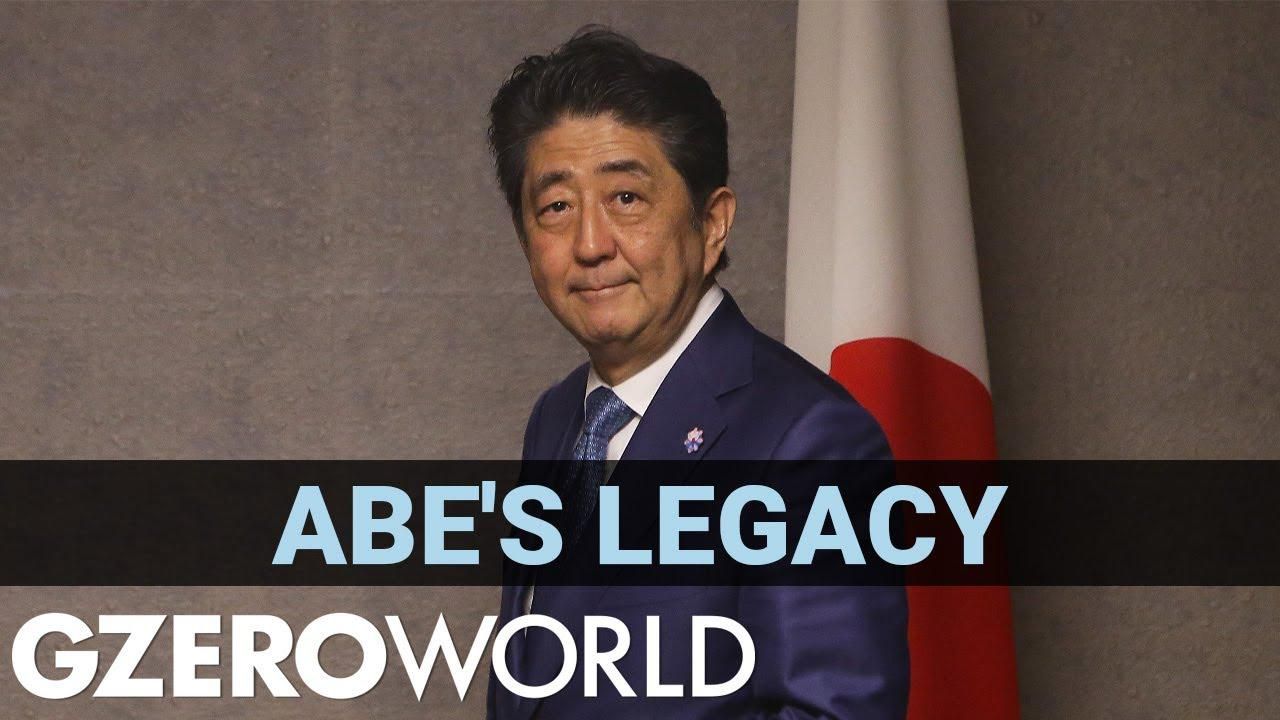GZERO World Clips
How did Shinzo Abe change Japan, and the world?

How Did Shinzo Abe Change Japan, and the World? | Former Adviser Tomohiko Taniguchi | GZERO World

The late Shinzo Abe, Japan's former PM, often doesn't get enough credit for bolstering the morale of young Japanese, explains Tomohiko Taniguchi, Abe's former adviser and close friend, who spoke with Ian Bremmer on GZERO World.
On foreign policy, he is considered the architect of the Quad dialogue with the US, India, and Australia, though he failed to realize his dream of reforming Japan's constitution.
Taniguchi says Abe also tried his best to make peace with Russia, just falling short of signing a treaty to resolve the dispute over the Kuril Islands (which the Japanese refer to as the Northern Territories).
"Japan, unlike any other advanced nations, is encircled by [the] three undemocratic, militarist, authoritarian, nuclear regimes of Russia, North Korea, and China," he adds. "Shinzo Abe wanted to decrease the tension at least from Russia — to little avail."
Watch the GZERO World episode: Assassinated! Japan’s grief & how Shinzo Abe’s goals will shape Asia
Think you know what's going on around the world? Here's your chance to prove it.
20: The number of fallen Ukrainian athletes and coaches depicted on a Ukrainian skeleton racer’s helmet at the Winter Olympics, which prompted the International Olympic Committee (IOC) to disqualify him on Thursday.
The Russian government has begun blocking the popular messaging apps WhatsApp and Telegram in a sweeping crackdown aimed at forcing Russians to use a state-backed alternative called MAX, which critics say would enable censorship and surveillance.